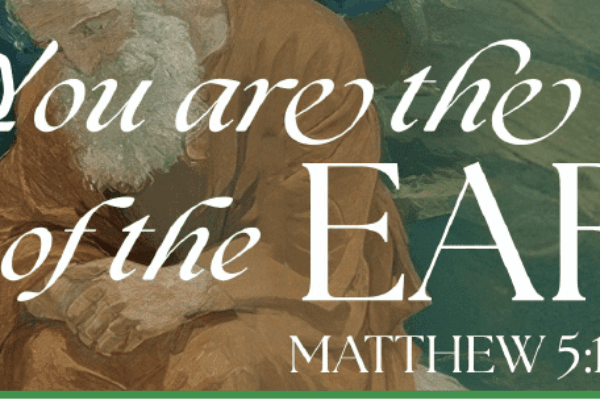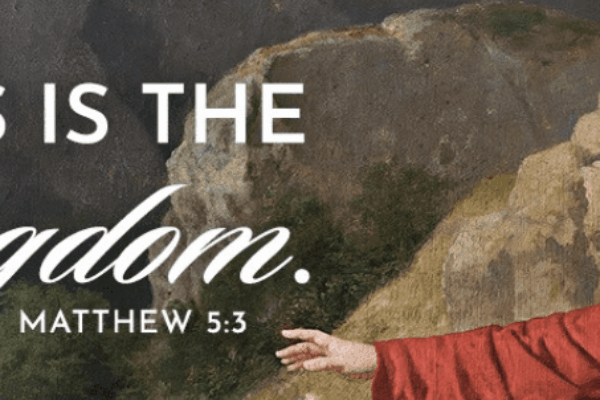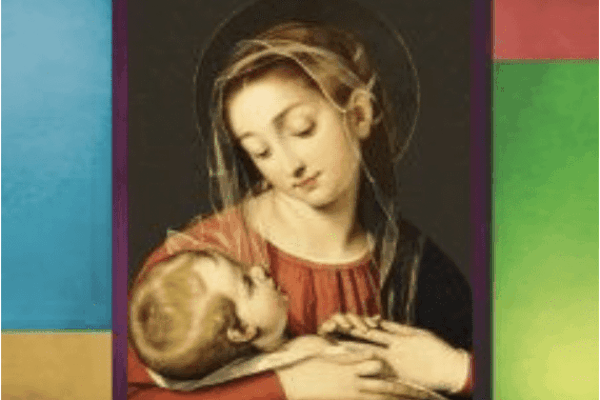Ash Wednesday: The First Day of the Lenten Season
(Blessing and Giving of Ashes, Mathew 6:1-18, 18 February 2026)
We are now embarking on our Lenten journey, which opens with the words of the prophet Joel. They point out the path we are to follow. We hear an invitation that arises from the heart of God, who with open arms and longing eyes pleads with us: Return to me with all your heart (Joel 2:12). Return to me. Lent is a journey of return to God. Today we bow our heads to receive ashes. At the end of Lent, we will bow even lower to wash the feet of our brothers and sisters. Lent is a humble descent both inwards and towards others. It is about realizing that salvation is not an ascent to glory, but a descent in love. (Pope Francis, Homily, 2021)
We now stand at the threshold of the holy season of Lent, a time the Church gives us not to escape the world, but to return—more honestly, more humbly, more fully—to God. The journey opens with the haunting and tender words of the prophet Joel: Return to me with all your heart (Joel 2:12). This is not a command spoken from a distance, but an appeal that rises from the very heart of God. With open arms and longing eyes, the Lord pleads with us—not for perfection, not for display, but for our hearts. Lent, then, is not first about what we give up, but about whom we return to.
On Ash Wednesday, we bow our heads to receive ashes—simple, silent signs of our fragility and truth. They remind us that we are dust, and yet dust deeply loved by God. This gesture of humility sets the direction of the entire season. Lent is a journey downward: inward toward the truth of who we are before God, and outward toward our brothers and sisters in love. As Pope Francis reminds us, this path of salvation is not an ascent to glory, but a descent in love. Today we bow our heads to receive ashes; at the end of Lent, we will bow even lower, kneeling to wash the feet of others. In this humble descent, God meets us, heals us, and teaches us again how to love.
Ash Wednesday is also marked by the traditional Lenten pillars: Prayer – returning to God with an undivided heart; Fasting – learning interior freedom; and Almsgiving – opening our lives to love of neighbor.
(Ash Wednesday is a day of universal fast and abstinence in the Church. During the season of Lent, we pray the Stations of the Cross on every Friday, and Saturday at st. Stephen and at st. thomas)
Fr. John Peter Lazaar SAC
6th Sunday in Ordinary Time
To The Epiphany Community The Law is Fulfilled on the Cross: Where Obedience Becomes Self-giving Love and Righteousness is Written in Wounded Mercy(Sixth Sunday in Ordinary Time, Mathew 5:17-37, 15…
5th Sunday in Ordinary Time
To The Disciples of Jesus in Epiphany Formed by the Beatitudes, Disciples are Sent: To be Salt and Light for the Life of the World (Fifth Sunday in Ordinary Time,…
4th Sunday in Ordinary Time
To Heaven Belongs to Those Who Live not as Owners: But as Grateful Receivers (Fourth Sunday in Ordinary Time, Mathew 5:1-12a, 01 February 2026) In today’s liturgy, the Beatitudes according…
3rd Sunday in Ordinary Time
To The Disciples of Jesus of the Epiphany Discipleship Begins When the Familiar Nets are Surrendered to the Unfamiliar Freedom of Christ The Gospel from today’s liturgy (Mathew 4:12-23) narrates…
Baptism of Our Lord
The Feast of the Baptism of Our Lord (Last Sunday of the Christmas Season, Mathew 3:13-17, 11 January 2026) In the Jordan, Heaven Opens not to Condemn: But to Call…
The Epiphany of the Lord
To The Family of the Epiphany Parish The Epiphany of the Lord Magnus Deus in Parvulo Latet: The Great God Hides in the Small (Second Sunday after Christmas, Matthew 2:1-12, 04 January 2026) …
Solemnity of Mary, the Holy Mother of God: World Day of Peace
(Holy Day of Obligation, Luke 2: 16-21, Thursday 01 January 2026) Dear Brothers and Sisters of the Epiphany, Today in our calendar is the first day of the Gregorian Year,…
Holy Family
To The Holy Family of the Epiphany ParishThe Holy Family of Jesus, Mary and Joseph(Mathew 2:13-15, 19-23, 28 January 2025)The Holy Family Shows: Holiness is Letting God’s will Rewrite Our…
4th Sunday of Advent
To The Advent Epiphany Community The Angel’s Candle (Love Candle): Peace on Earth, Good Will to Men, (Luke 2:13-14) (Fourth Sunday of Advent, Year A, Mathew 1: 18-24, 21 December 2025) …
















